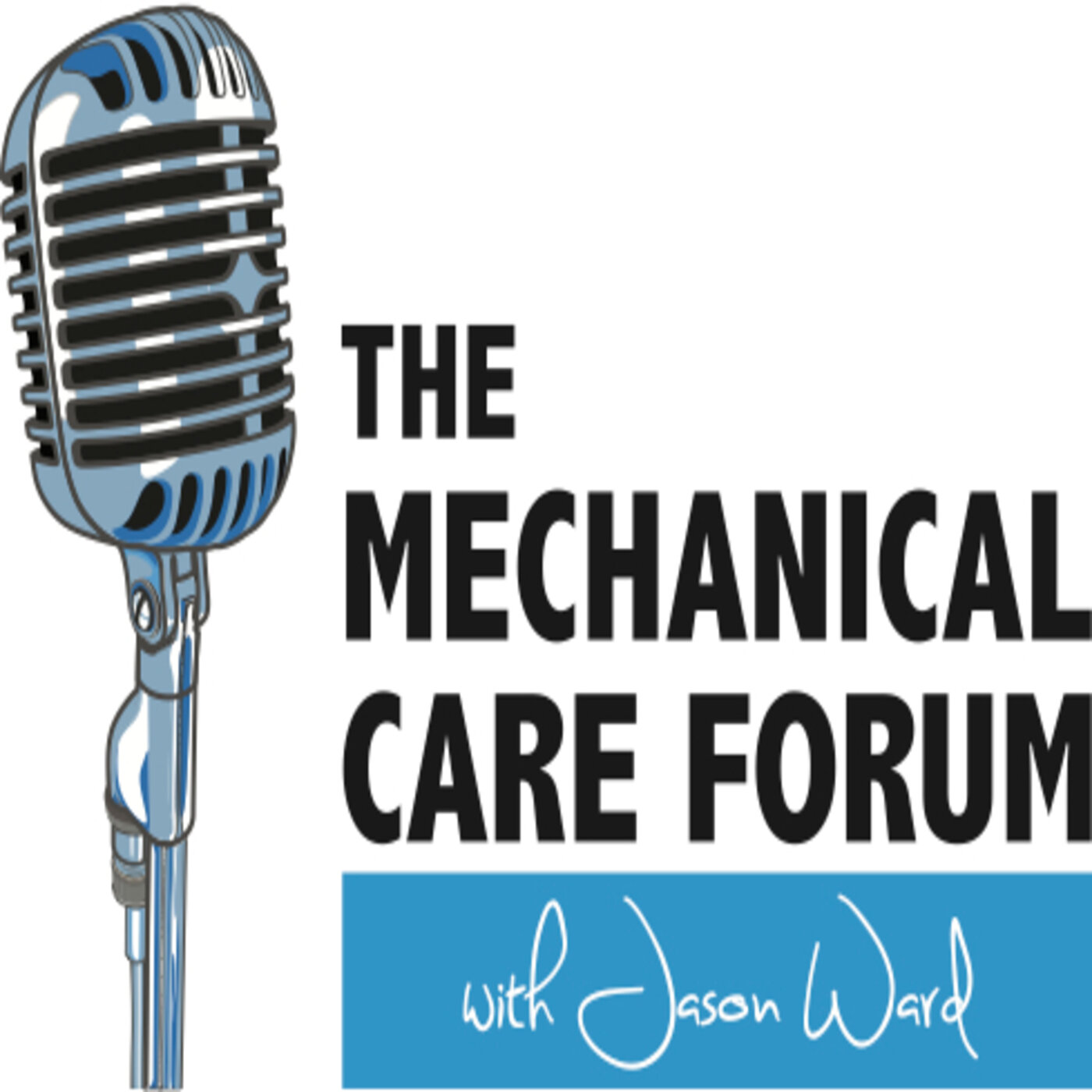Eyal Lederman DO, PhD
Dr. Eyal Lederman DO PhD graduated from the British School of Osteopathy and has been in private practice since 1986. He is the director of CPDO, an educational centre providing continuing professional development for manual and physical therapists. Dr. Lederman held the post of Visiting Professor in New Zealand and currently is an Honorary Senior Lecturer at University College London, Institute of Orthopaedics and Musculoskeletal Science, where he is conducting research into therapeutic stretching and supervising doctorate research in knee rehabilitation.
Dr. Lederman completed his PhD in physiotherapy at King's College, London, where he researched the neurophysiology of manual therapy. He also researched and developed several therapy approaches including Harmonic Technique, Functional Neuromuscular Re-abilitation and Functional Stretching.
Apart from these activities Dr. Lederman regularly lectures and runs workshops in the area of manual and physical therapy in the UK and abroad. He has published several articles in the area of manual therapy and is the author of the books “Harmonic Technique”, “Fundamentals of Manual Therapy”, “The Science and Practice of Manual Therapy”, “Neuromuscular Rehabilitation in Manual and Physical Therapy” and “Therapeutic Stretching: Towards a Functional Approach.”
Show Notes
Process Approach (cont’d)
Eyal continues the conversation on the process approach. Repair requires movement, whether active or passive. Adaptation requires active movement in order to elicit change, and to understand the ideal movement pattern. Later on, he speaks about the alleviation of symptoms process, and how timeframe often plays a role in this approach. He gives a specific example of a patient with hip pain x3 years, and his clinical decision making process.
Functioncise
Eyal talks about his thoughts on exercise and the fitness industry, the use of common sense in clinical practice, and the integration of daily activity and movement into physical therapy treatment. He speaks to the specificity of training, and the failure of physical therapists to recognize these truths.
Core Stability
Eyal opens up about his frustrations toward the emphasis on core stability training, despite numerous systematic reviews that have proven core stability no better than walking. He goes on to talk about the lack of correlation between strength, endurance, flexibility and likelihood of back pain. He questions the decision making process, and the use of CPRs to give patients non-specific exercises in hopes of benefitting specific movement patterns.
History and understanding
Eyal speaks more on exercise specificity, the importance of a good history, and understanding patient behavior within their environment.
Therapeutic Stretching
Eyal speaks about the finding that clinical stretching has no effect, based on a Cochrane review from 2010. He recognizes that tissue overload, repetition, and specificity are the factors that best promote adaptation. Amplifying daily activities and challenging end-range movements within this daily activity is a way to promote “stretching” in a way that allows patients to understand and replicate these movements for a purpose. He posits that it all comes down to patient participation, and the best outcomes arise when patients are active participants, rather than passive recipients.
Eyal’s Future Efforts
Eyal is looking forward to developing the Process Approach. He invites people to invite his website, www.cpdo.net
To reach out to Eyal, email him at cpd@CDPO.net
We hope to deliver this content to the committed professional who wants to improve his/her care and we hope to do it in a way that is easily accessible, the world over, in today's technological age.
To contribute:
Give a 5-star review on iTunes;
Share EP #125 with a friend; and/or
Connect with us on the Spotify MCF Podcast and MCF Instagram page!
Thanks for your support!


